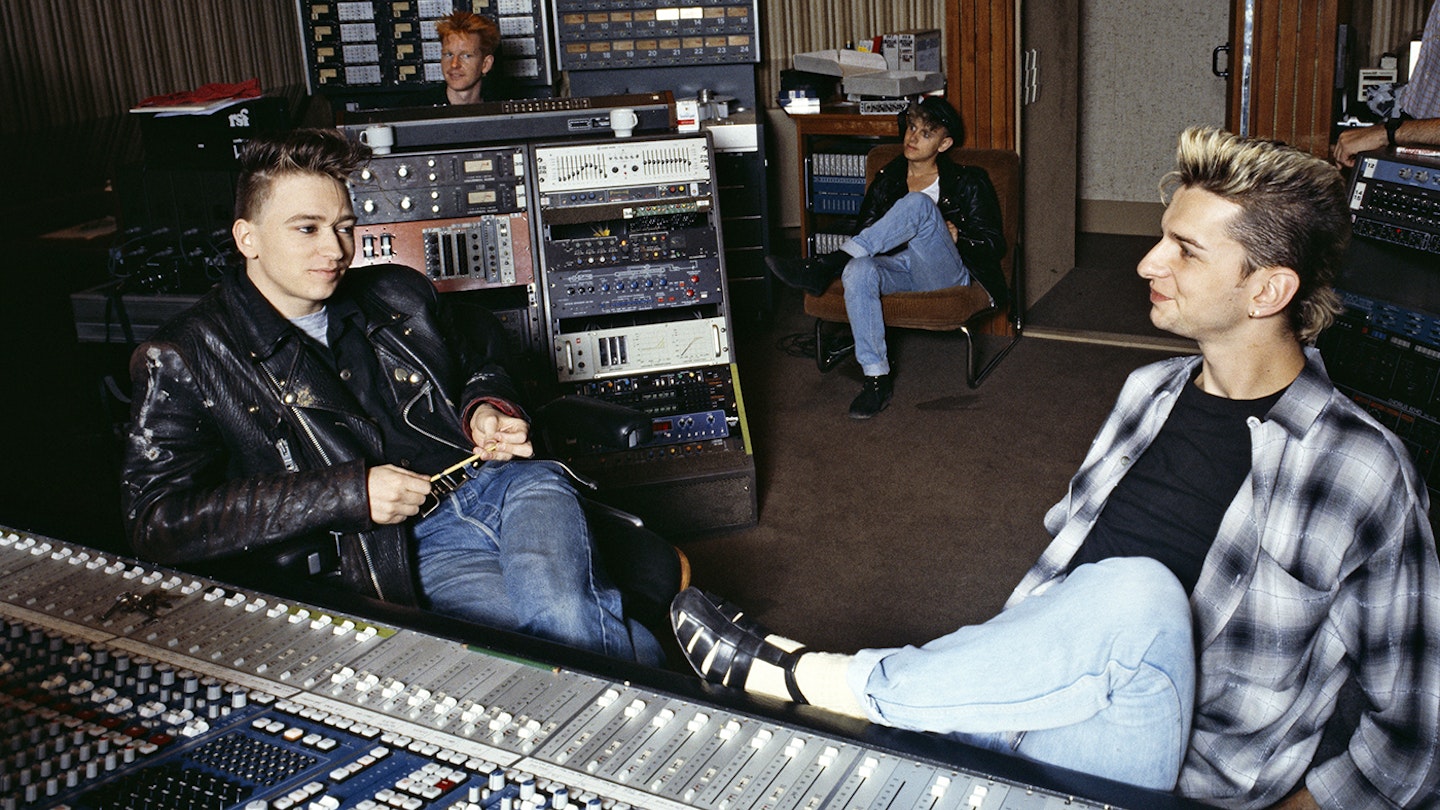Picture: Getty
“I would rather die a thousand deaths than sound like Depeche Mode or Yazoo.” So griped the Human League’s Phil Oakey, reflecting how many regarded Depeche Mode in 1982 – as the runt of the synthpop litter. But no band from the early Eighties has endured as successfully as Depeche Mode. By working with Daniel Miller (co-producer of their first six albums and founder of the Mute label,), they retained a control over their music afforded to very few. Unlike most of their contemporaries, they were able to move forward artistically: always a synth band to some extent, they nonetheless outgrew the breezy electro-pop of their first two albums to essentially become, by the late Eighties, a rock act. Whilst other of their peers struggled to even perform live, Depeche Mode would also become a drilled, unstoppable, arena-filling touring force. “Depeche Mode at the beginning were this bubblegum band, a bit silly, really,” Gary Numan argues, “and then became this stadium, anthemic, drug-taking monster, and I just thought, ‘Jesus, I love you!’” By the mid- Nineties, the pace had taken its toll, with singer Dave Gahan collapsing into a four-year, drug-induced miasma and soundscaper Alan Wilder leaving. Yet their global success has continued, even after the sad passing of Andy Fletcher in 2022.
It must have irked principal songwriter Martin Gore that the song that many still regard as their definitive single, I Just Can’t Get Enough, was written by Vince Clarke, there for just the band’s first album before forming Yazoo and then Erasure, bands of a different evolutionary branch to the music made by Depeche Mode. If the gloom, self-examination, and biblical angst of Depeche Mode can make for exacting listening – though these are the exact same qualities that their fans thrive on - the juggernaut thrill of their best work is still compelling.
Here, MOJO goes through and ranks ever single Depeche Mode studio album, from the electropop first steps of the largely Clarke-helmed Speak And Spell to the last year’s grief-stricken triumph, Memento Mori…
15. Exciter
(Mute, 2001)
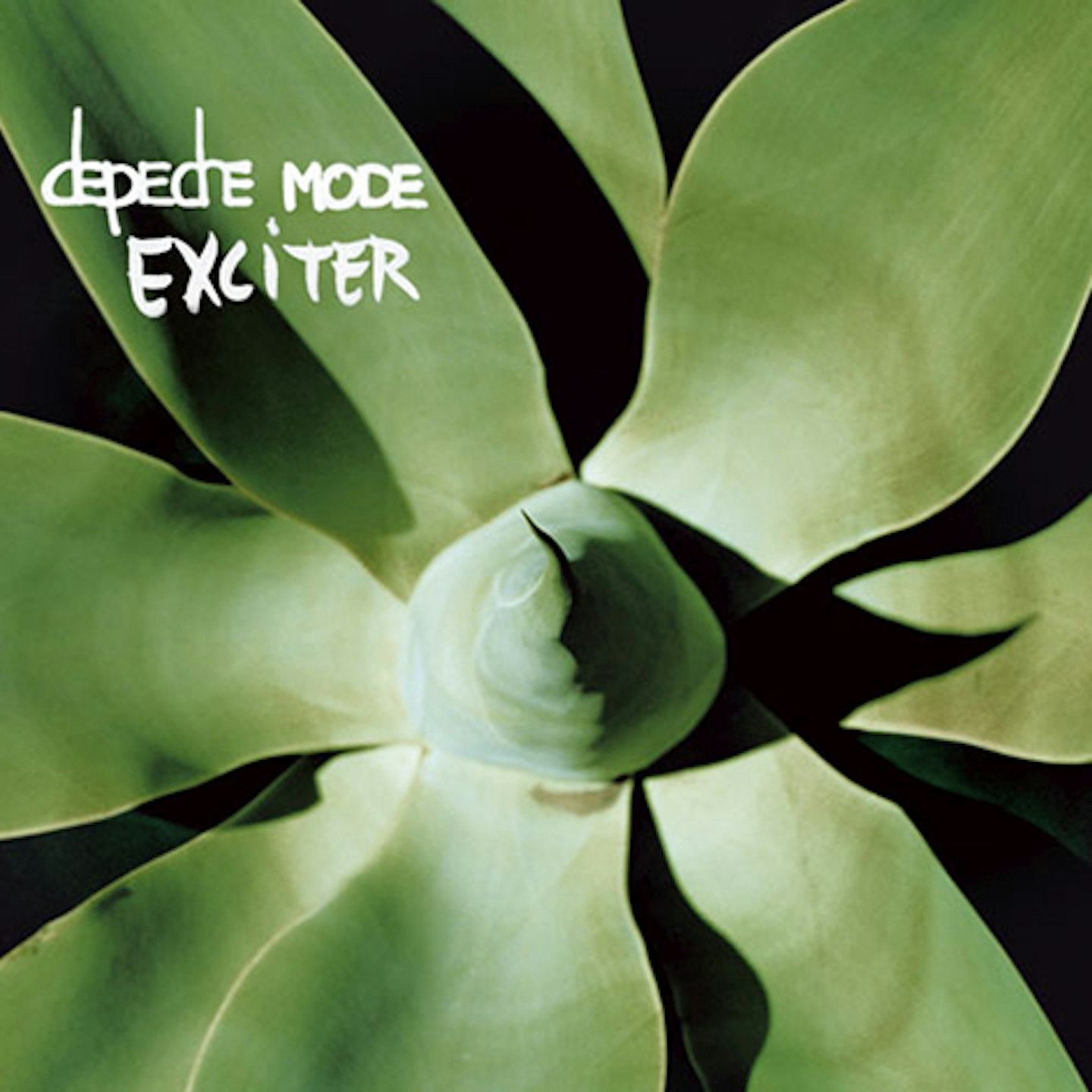
Martin Gore claims some Depeche Mode albums are ironically titled, but only Exciter sounds like it really is. When The Body Speaks is poignant; the rest feels superficially ‘clubby’ (I Feel Loved) or laid-back to the point of somnolence (producer Mark Bell was confused by Gore’s back seat in the studio and requests for days off). “It’s like a band copying Depeche Mode,” Dave Gahan later said.
14. Spirit
(Mute, 2017)
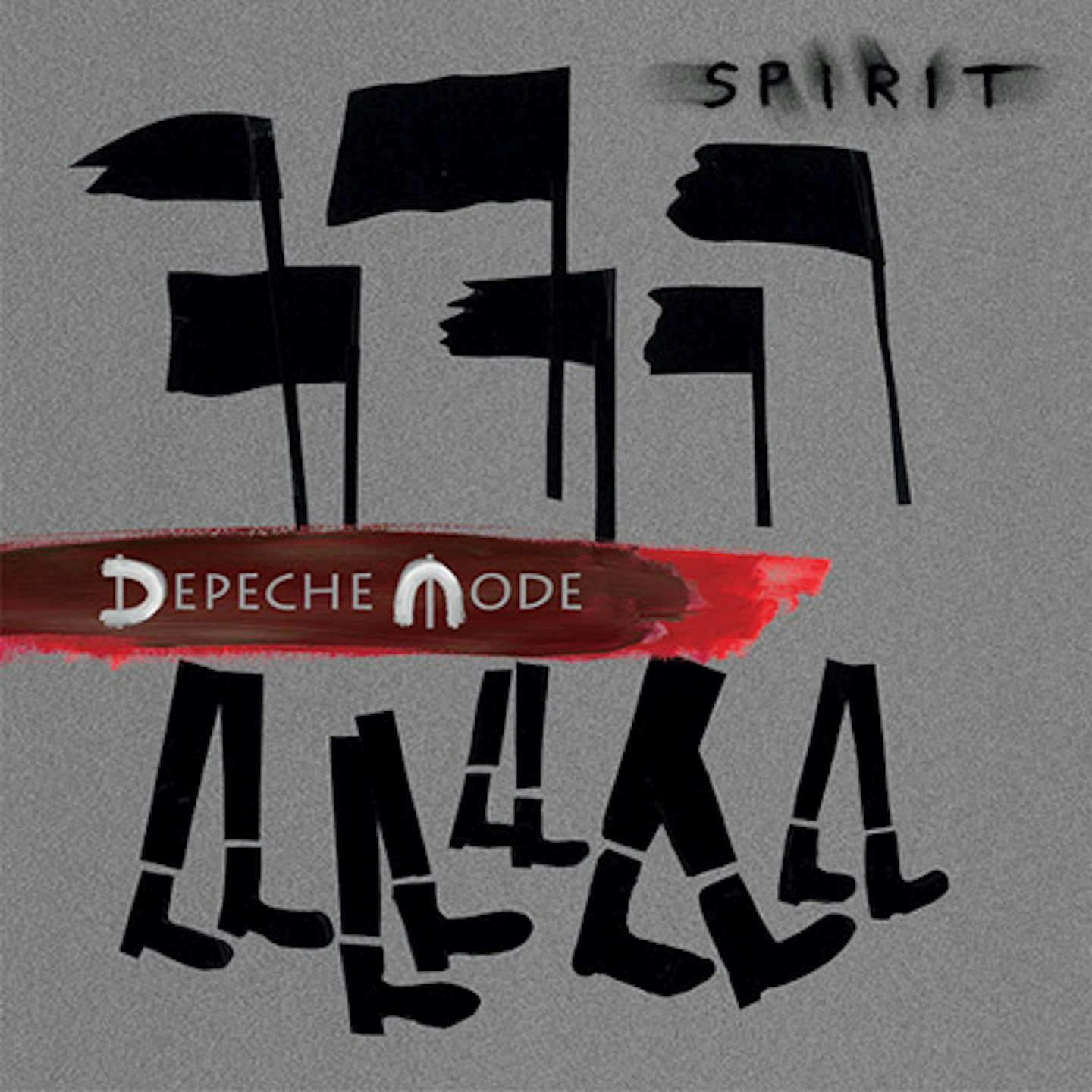
Depeche Mode’s regimen since 1993’s Songs Of Faith And Devotion has meant an album every four years whether inspiration has struck or not. Spirit at least had a new idea (for DM): politics, with the climate, the US right and tech dystopia all essayed. But it’s more like a series of angry Facebook posts than an album of music, even by Depeche Mode’s gloomy and dissatisfied standards.
13. Delta Machine
(Mute, 2013)
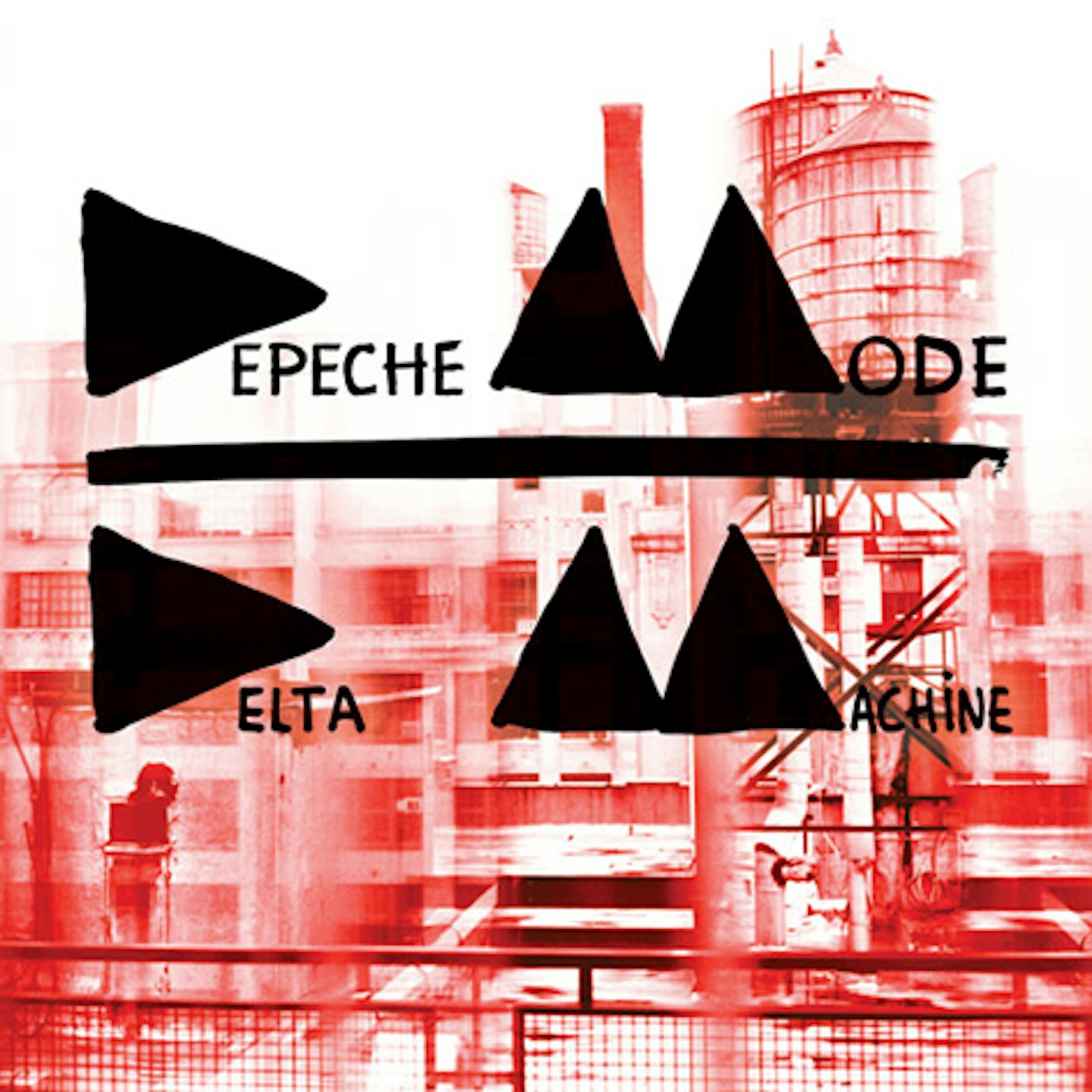
Mark Ellis, aka Flood, returned to mix his first album since Songs Of Faith And Devotion, and classic Depeche murk comes, er, flooding back. Welcome To My World and Angel are squelchy electro-blues. Heaven scales piano-led peaks. Gahan teams with Swiss New Yorker Kurt Uenala to pen the excellent Should Be Higher. Nothing wrong with any of it, but no sense of DM reaching beyond their fanbase.
12. A Broken Frame
(Mute, 1982)
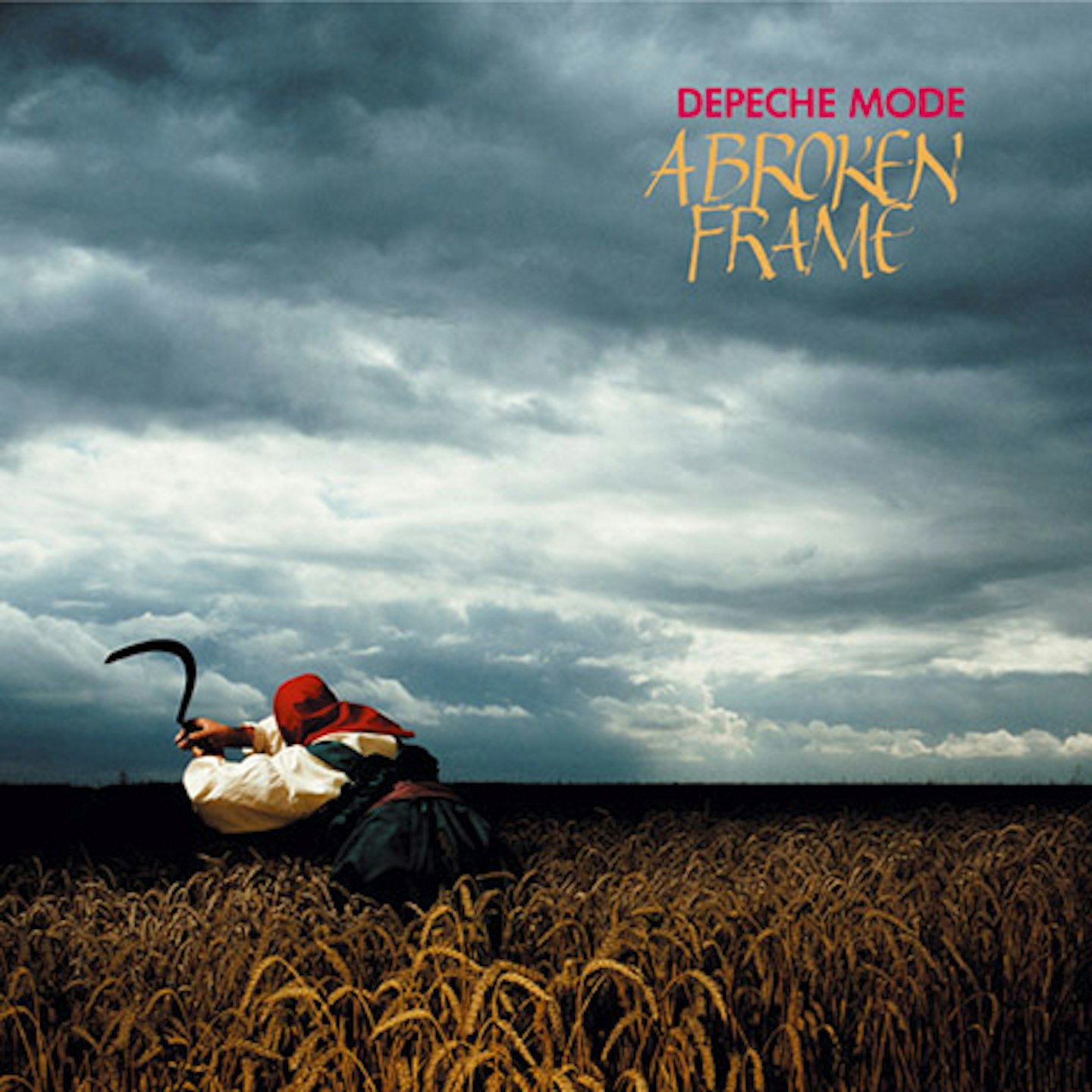
No-one is quite sure why Vince Clarke left Depeche Mode – not even Clarke – but Martin Gore thinks their rejection of one or more of his second batch of songs was part of it. Gore’s efforts to step into the breach, however, were mixed. See You is DM’s wimpiest single, but Leave In Silence introduces the semi-Slavic gloom that would soon be serving them so well.
11. Sounds Of The Universe
(Mute, 2009)
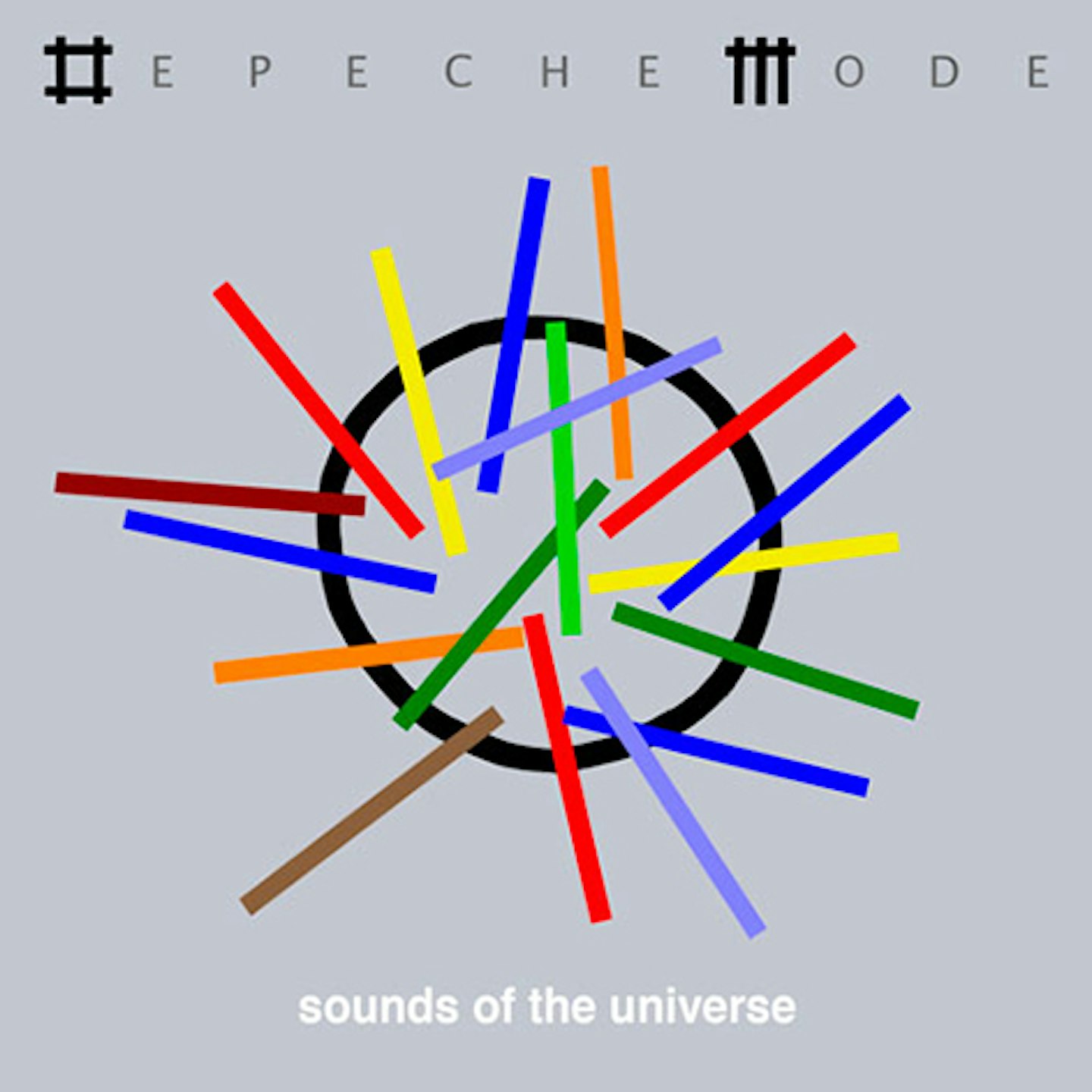
Opener In Chains says everything about the singer Dave Gahan has become since his recovery from addiction – the flex, and dynamics and (let’s say it) soul. The rest presents as a smoother, more elegant sibling to Playing The Angel, reaching higher, on Gore’s Peace and Gahan/Eigner/Philpott’s powerfully yearning Come Back, to go places Depeche Mode songs generally don’t: an ecstatic plane.
10. Playing The Angel
(Mute, 2005)
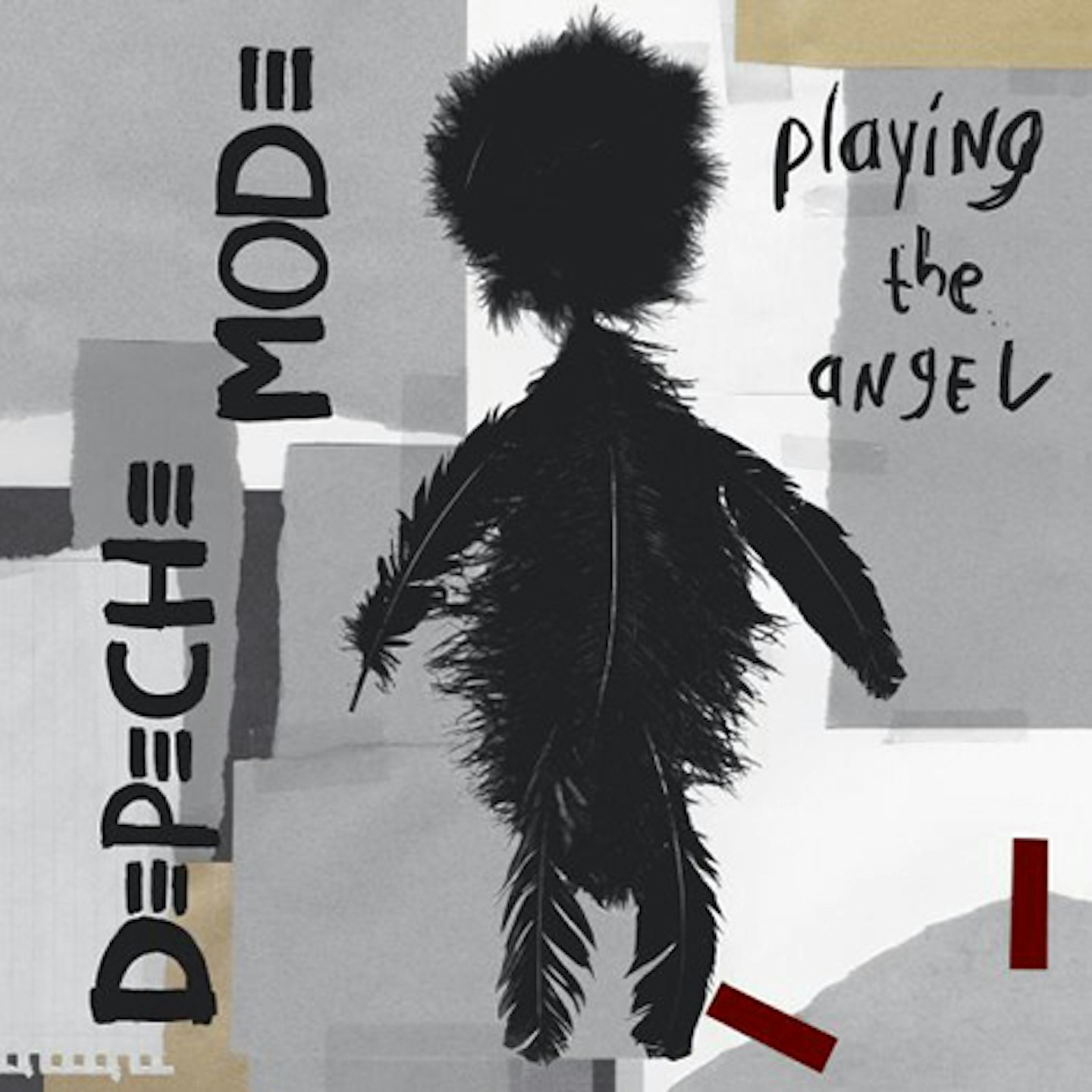
The arrival of David Gahan: Songwriter, initially somewhat to Gore’s discomfort, heralded a return to vitality. Pungent retro synth sounds purge Exciter’s mood of meh. John The Revelator plays the Personal Jesus card. Gahan accesses his recovery to lend conviction to a strong batch of Gore songs (Precious has the bittersweet glide of an Enjoy The Silence). Elbow/Blur producer Ben Hiller referees.
9. Some Great Reward
(Mute, 1984)
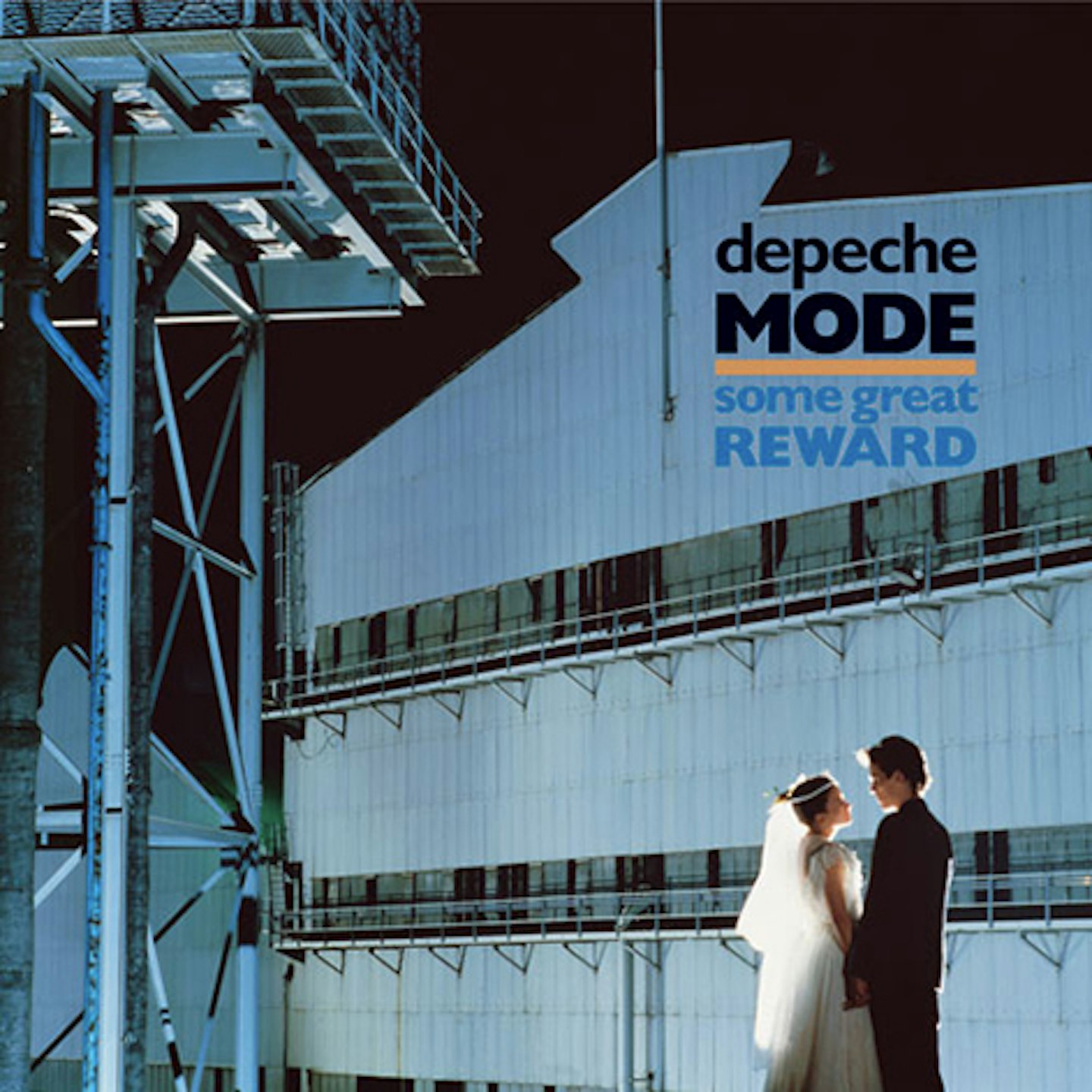
It’s Construction Time Again, again, but with more clanging (Something To Do is quasi-Foetus) and more transgressive themes. Master And Servant equates economics with S&M, Something To Do doesn’t bother with the equating (“I’ll put your leather boots on”) and the limpid Blasphemous Rumours inhabits the mind of a suicidal teen. Meanwhile, Gahan’s voice, edging deeper and richer on CTA, is coming into its own.
8. Memento Mori
(Mute, 2023)
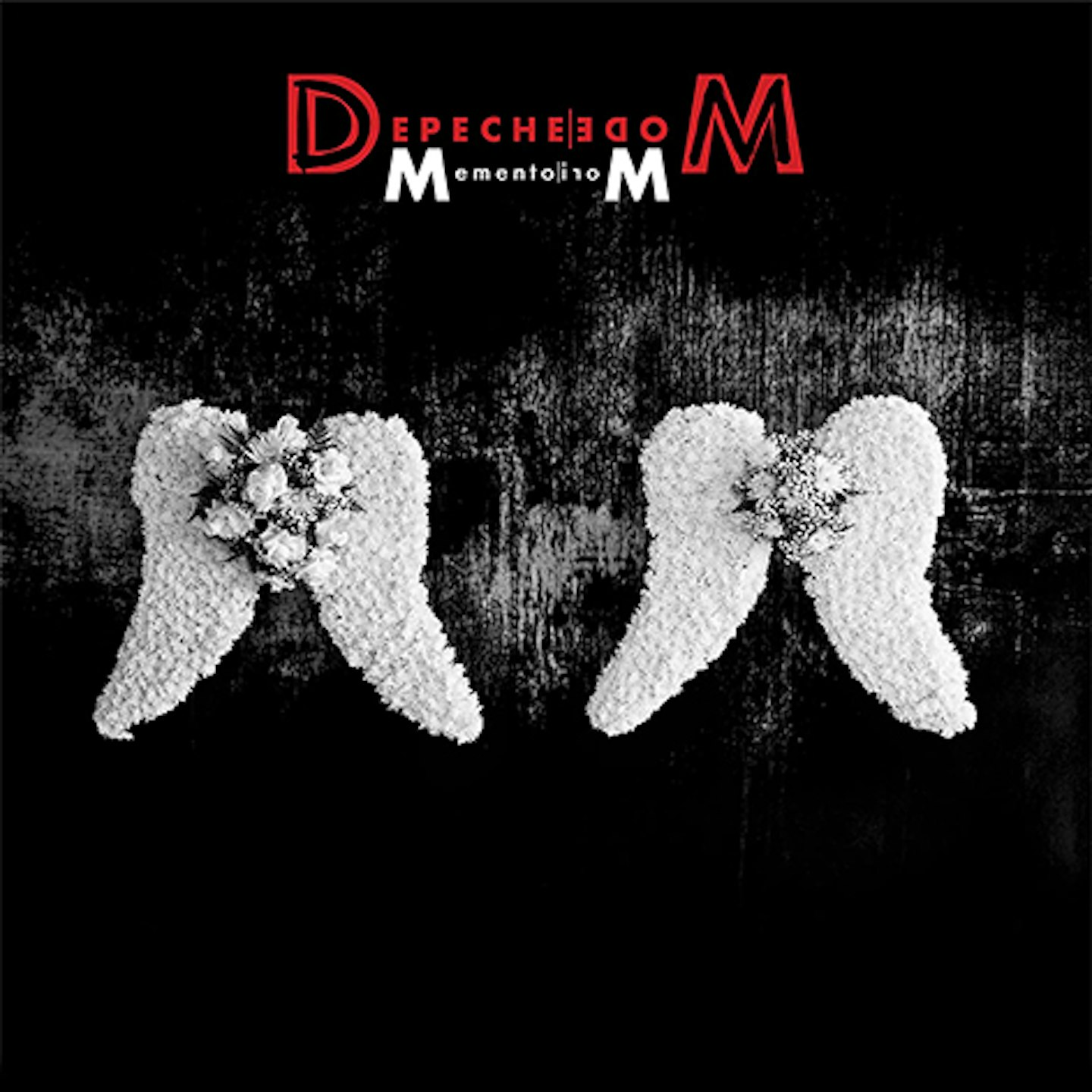
As the first record that Depeche Mode made since the death of Andy Fletcher in 2022, Memento Mori was inevitably infused with a deep melancholy. Crashing so hard into mortality seemed to energise them, however, pulling them up to their full electro rock height. From forbidding opener My Cosmos Is Mine, the songs have an impressive vehemency and power. The dying of the light has rarely been raged against so impressively.
7. Construction Time Again
(Mute, 1983)
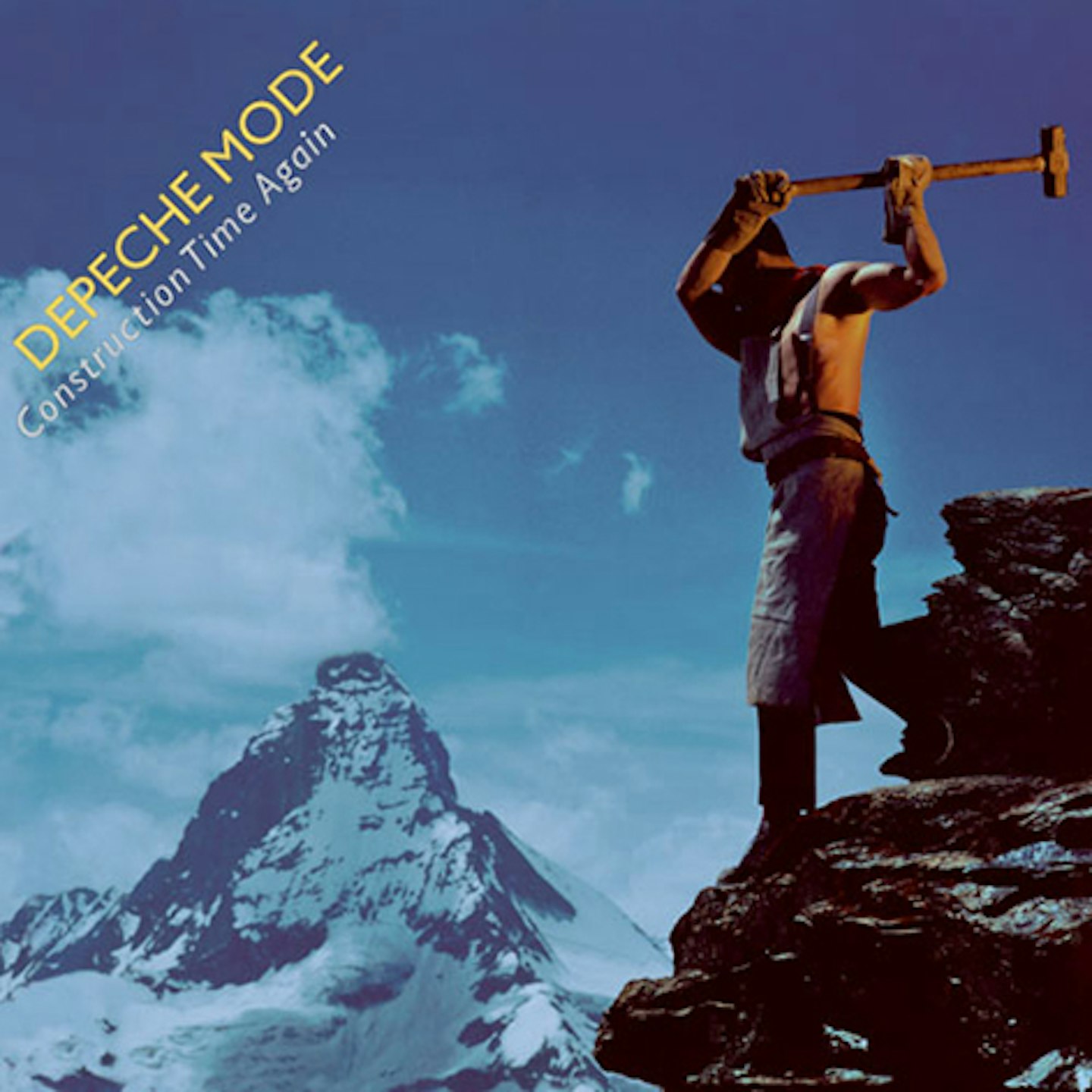
Ex-Korgi Alan Wilder joins, adding rhythmic nous, harmonic sophistication – even jazzy piano bits – and the excellent Two Minute Warning. Faustian capitalism, eco-catastrophe… the topics are a full house of mid-’80s paranoia. Industrial scraping and clanging (notably, on the Gore-sung Pipeline), and the echo of the big room at Bowie’s Hansa in Berlin all help.
6. Speak And Spell
(Mute, 1981)
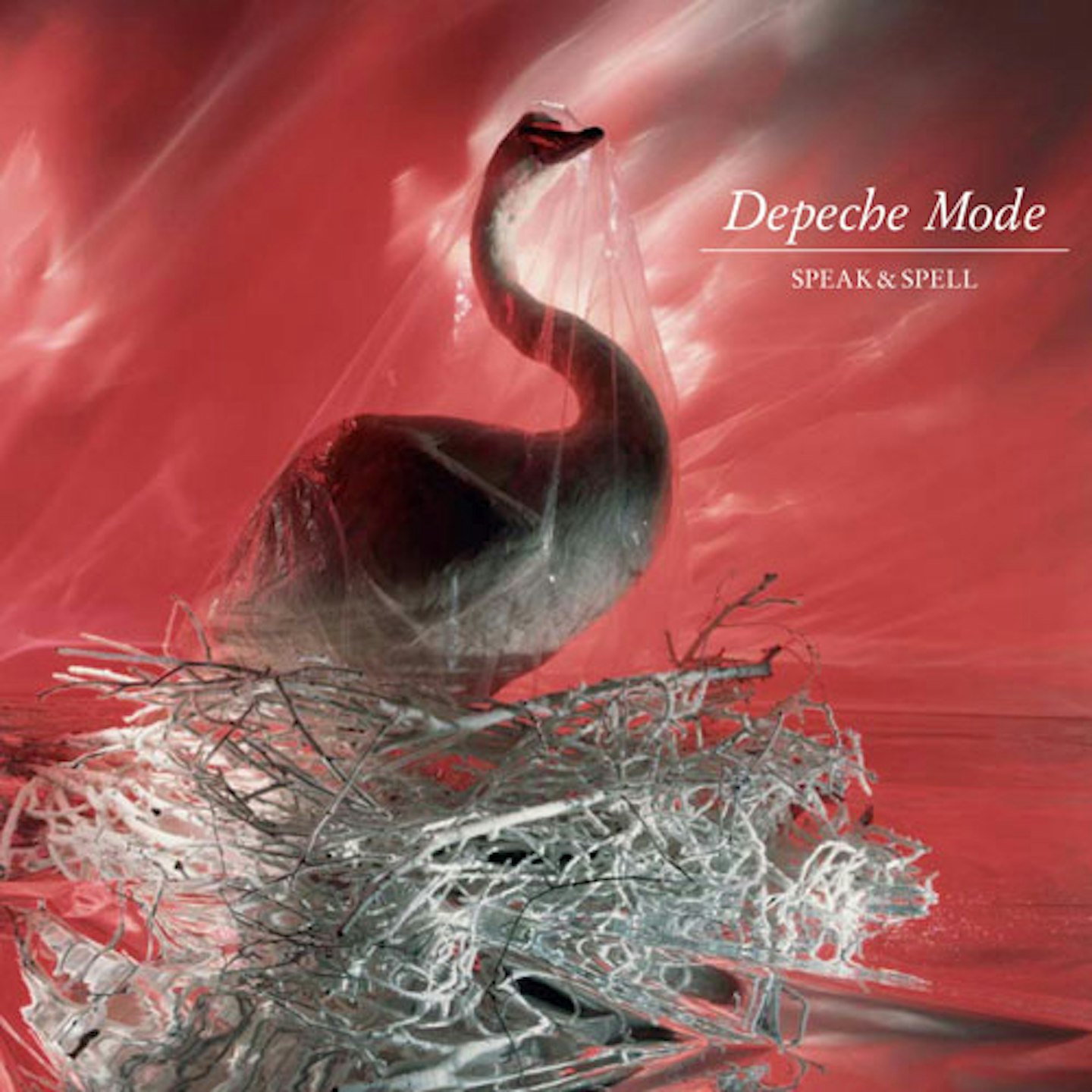
Often presumed to be Depeche Mode’s super-pop record, their (mostly) Vince Clarke-penned debut has enough cutting-edge analogue synth action and weird darkness to give depth and – so it has proven – longevity. Photographic hinted broodingly at voyeurism; Gore’s instrumental Big Muff would not sound outgunned on any early-’80s electronica mixtape.
5. Ultra
(Mute, 1997)
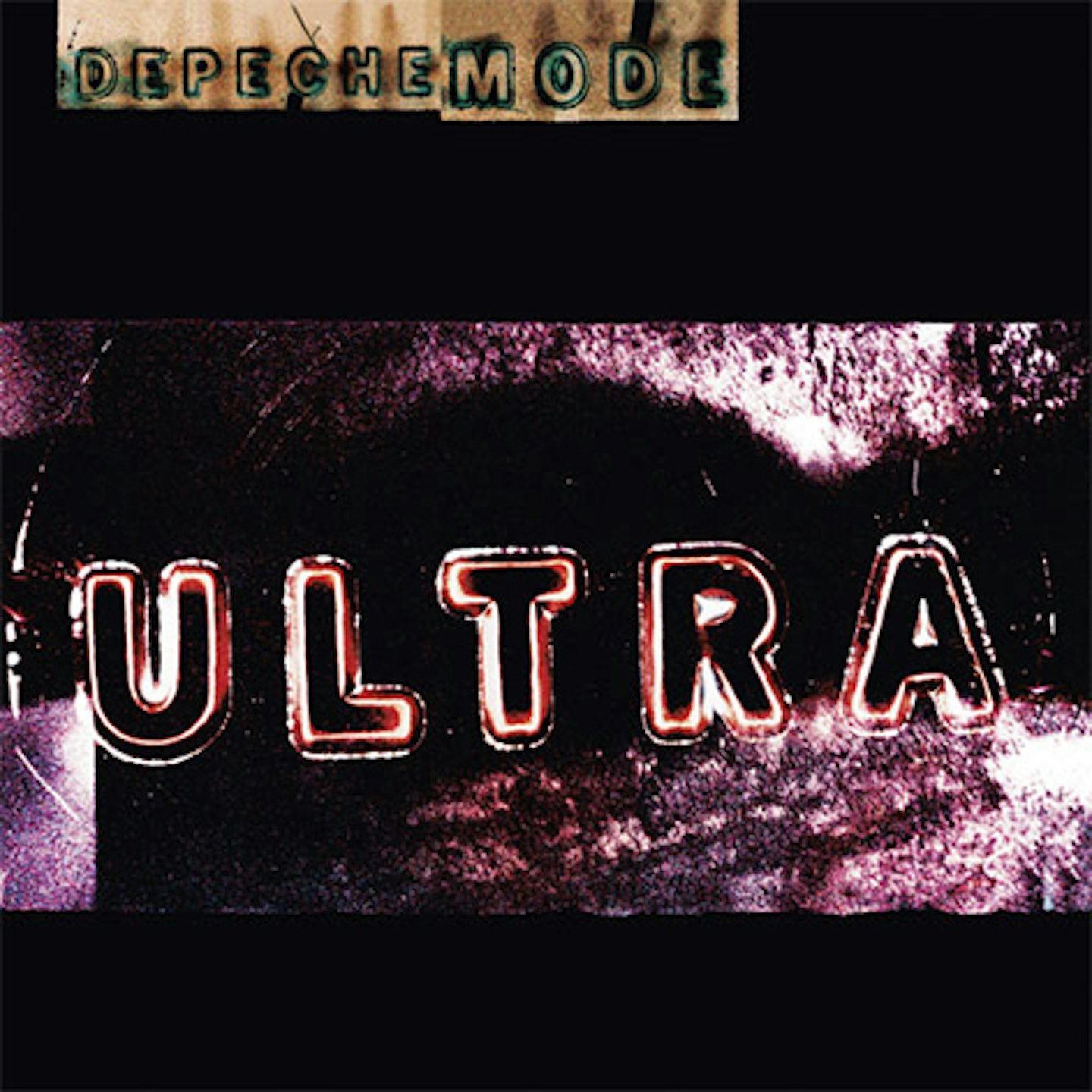
Another victory wrenched from the jaws of defeat – the album Depeche Mode looked least likely to finish, especially after Wilder’s exit and Gahan’s May ’96 drug overdose. With Tim Simenon replacing Flood as producer, dirty, gothic trip-hop prevails. Barrel Of A Gun seethes. Home is Gore’s career peak vocal performance (and guitar solo). Guests include Tackhead, BJ Cole and Can’s Jaki Liebezeit.
4. Black Celebration
(Mute, 1986)
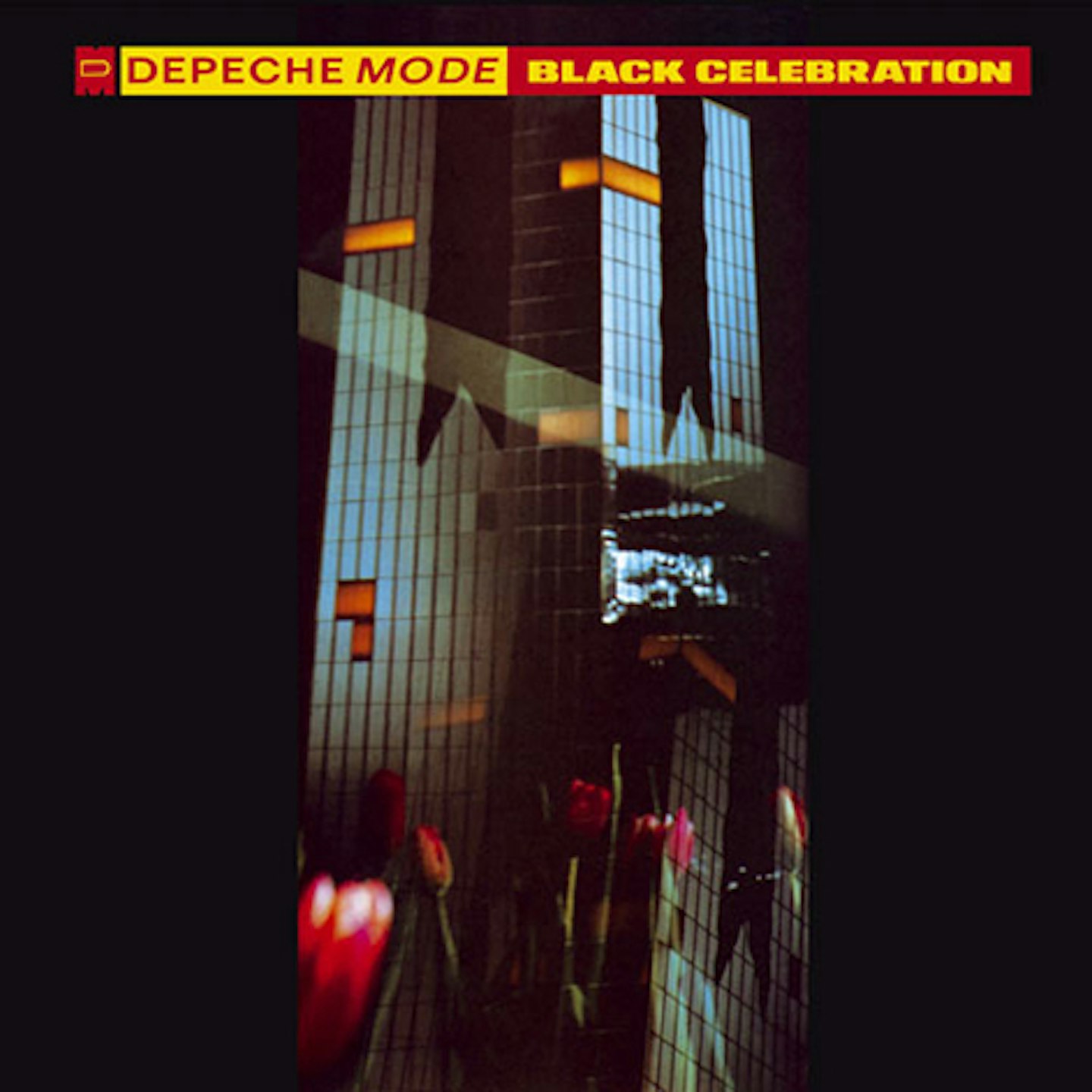
Bad vibes in the studio as co-producer Daniel Miller drove everyone barmy (“I was very influenced by Werner Herzog”). Yet post-industrial Depeche yields a richer, velvety soundworld, insinuating melodies and Gahan now positively Stentorian. “Death is everywhere,” he wails in Fly On The Windscreen, with typical defiance of pop’s feelgood fancies.
3. Songs Of Faith And Devotion
(Mute, 1993)
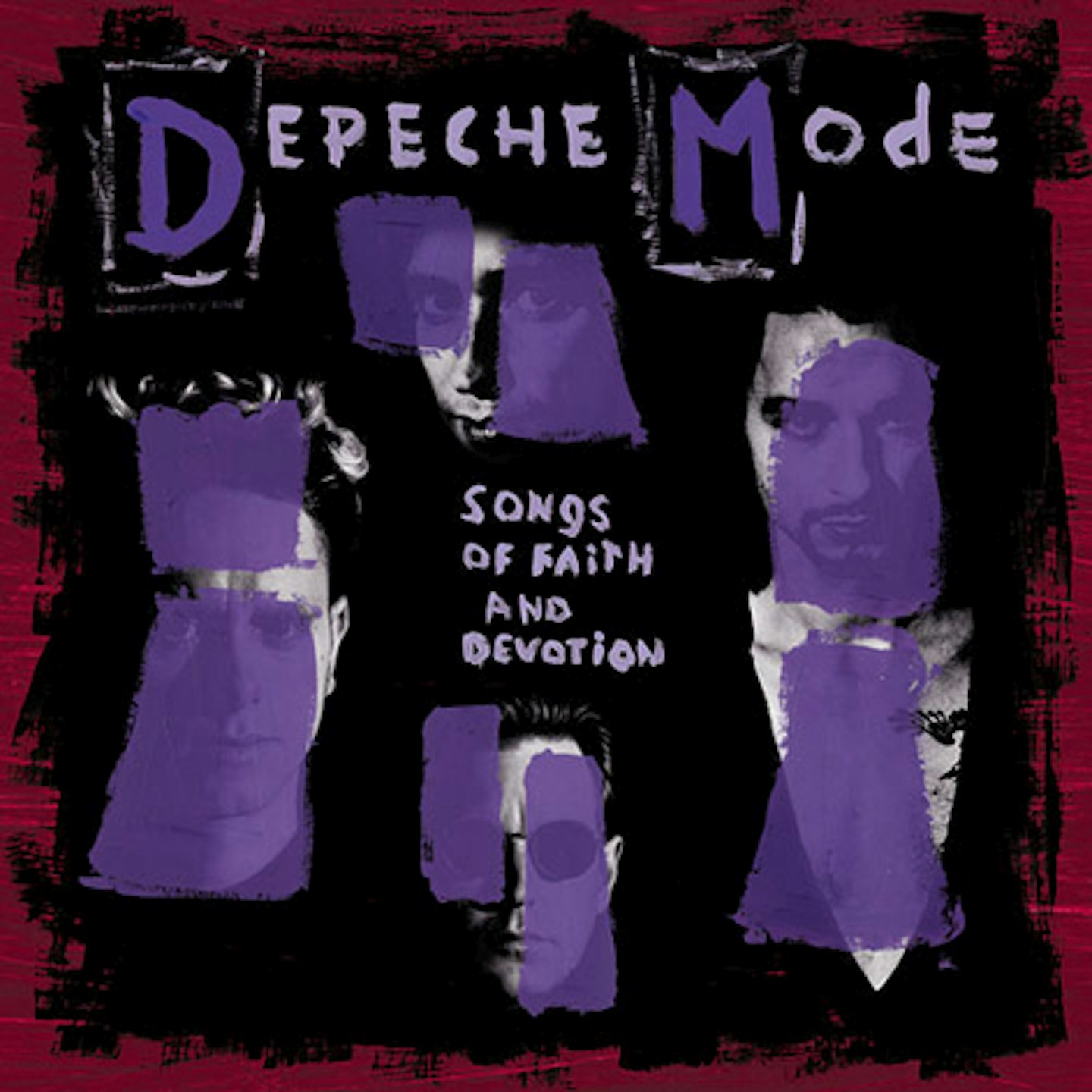
With recording bogged down by Dave Gahan’s clandestine drug use and Wilder’s creative alienation, this should have been rotten, but Depeche Mode’s momentum kept rolling. Rockier textures and distorted guitars on I Feel You and Mercy In You matched Gahan’s rockier hair-beard-tattoo combo. Uilleann pipes on Judas denote a decoupling from the synth, as does Gahan’s grainy, compelling gospel turn on Condemnation.
2. Music For the Masses
(Mute, 1987)
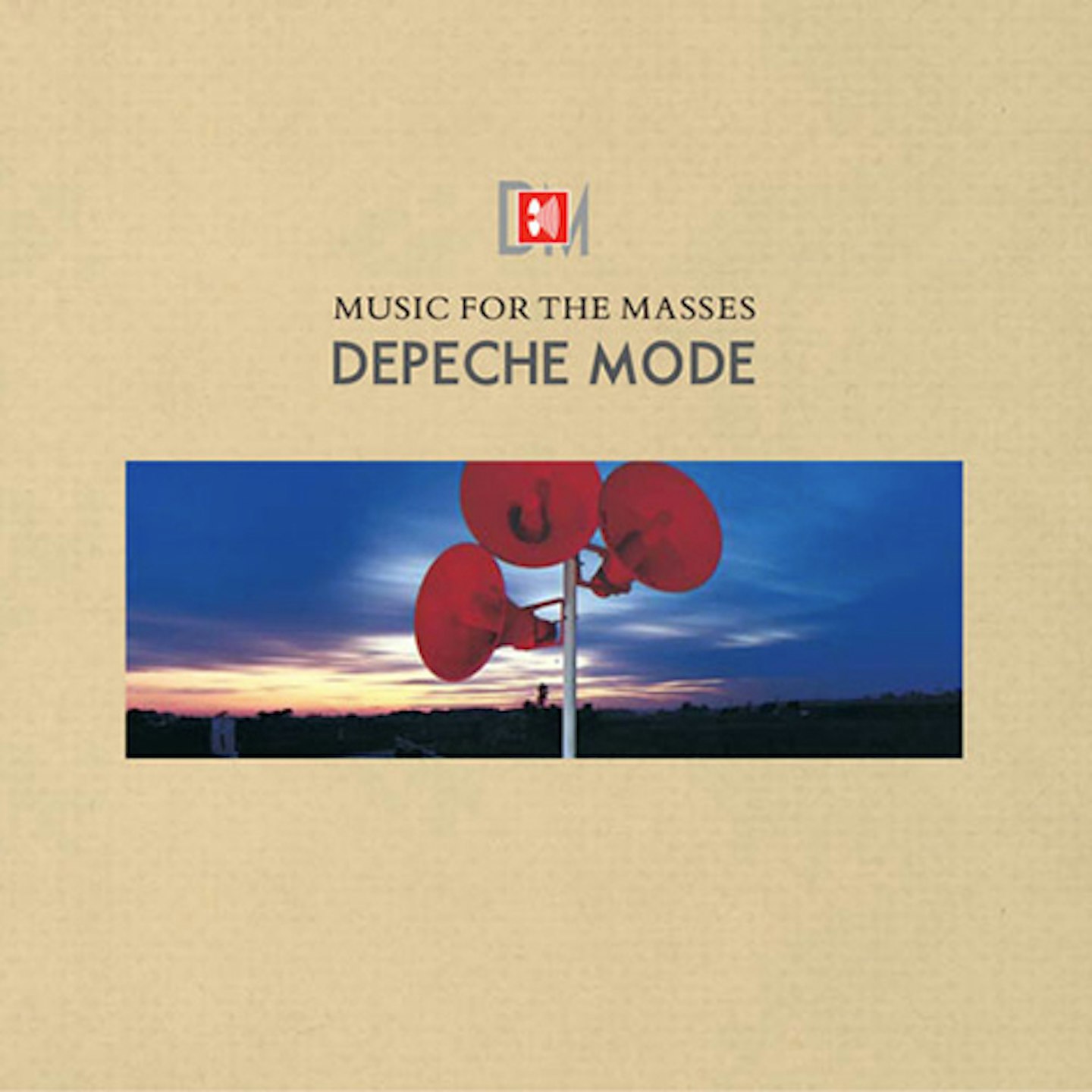
A case of life-imitating-album-title as Depeche Mode score their first Top 40 showing in the US LPs chart. Helmed by Tears For Fears producer Dave Bascombe, there’s more focus, starker riffs, a bigger canvas, and plenty of songs that would have worked in any sonic context. Subsequent gig staple Never Let Me Down Again sounds like a drug song, but all that was to come. Their first rock’n’roll album, in a way.
1. Violator
(Mute, 1990)
With their image-making now courtesy Anton Corbijn, Depeche Mode merge European and US paradigms much as U2 had done in the mid-’80s. Brutish blues twang Personal Jesus plays taboo, though the lyric skirts blasphemy. New Order-y Enjoy The Silence is surely, still, their greatest song, while Halo, Waiting For The Night and the Floyd-inspired Clean attest to life beyond the singles.
